A reader requested that we compare the sound quality performance of wired and wireless Apple CarPlay. This is a great idea, as very little information is provided about the communication standards used to send audio signals wirelessly to a source unit. So, let’s look at distortion characteristics and frequency response to see if there is a performance difference.
The Test Configuration
While our lab has an impressive selection of car radios, we didn’t have one that supports both wireless and wired CarPlay. We contacted our friend Lee Mattason at Burlington Radioactive for help. He graciously lent us a Kenwood eXcelon DMX908S to make some measurements. If you live in the Golden Horseshoe region of Southern Ontario and are looking for a car, boat, or motorcycle audio upgrade, Lee and his team are a great choice.
We are going to perform two different tests using four connectivity criteria. We will analyze sound quality by playing a 0 dB 1 kHz test tone and then analyzing it for harmonic content. The second test will evaluate frequency response by analyzing a white noise track. In both cases, the test tracks have 44.1 kHz sampling rates and are stored with 16 bits of depth. To ensure Apple didn’t alter the file while uploading it to the phone, we used the Onkyo HF Player and copied the tracks as files to a specific folder on the iPhone. The device is an Apple iPhone 14 Pro running iOS 18 Beta 2. Please don’t ask why the owner tries beta software on this phone—it’s a terrible idea.
The four communication methods we’ll use are playing the files from a USB memory stick, over a Bluetooth connection, through Apple CarPlay with the phone connected to the radio with a Lightning cable, and finally, using Wireless Apple CarPlay.
USB Media File Playback
The first test is to play the 1 kHz test tone track directly from the USB stick. We’ll note that with all the audio settings turned off and the source-specific levels flat, we saw an output of 4.539 volts on the front RCA output. The signal had a THD+N measurement of 0.01086%, which is excellent for a consumer-grade source unit. The signal-to-noise ratio (SNR) came in at -85.39 dB, unweighted.
Next, we have a 10-minute white noise track. We cranked up the averaging on the QA403 audio analyzer to produce as flat of a measurement as possible. The goal in interpreting the data below is to average the frequency response in your mind. We’d call this flat from below 20 Hz to 22 kHz on the top end. This is precisely what you’d expect from this measurement.
These measurements will serve as a solid baseline to compare with other playback media.
Bluetooth File Playback
We all know that the iPhone isn’t the go-to for Bluetooth sound quality. The use of Bluetooth 5.3, specifically with the SBC codec, really limits performance compared to an Android-based device that offers something spicier, like LDAC or aptX HD. For now, this is the test, and we’ll hunt down an Android phone and give that a go in a future article.
Let’s start with the distortion measurement. In a word, we can sum this up as being subpar. We can see all sorts of artifacts and harmonics starting at -46 dBV. This gives us a THD+N specification of only 0.14655% and a signal-to-noise ratio of 56.83 dB.
In terms of frequency response, the curve remains nice and flat, so overall, music would sound generally the same. The increase in distortion shown above hampers clarity and could add some emphasis. However, the raw amplitude measurements are similar. Looking closely, you can see that the high-frequency information rolls off at about 17.5 or 18 kHz. None of us can hear anything above 18 kHz, so that’s not a massive concern.
Wireless Apple CarPlay
We deleted the Bluetooth pairing from the radio and phone and reestablished it to turn on Apple CarPlay. We were cautious in all the tests to ensure the communication used our desired method.
Starting with the 1 kHz tone, we can see that the Wireless Apple CarPlay connection uses Bluetooth to transmit audio to the source unit. The distortion numbers are slightly worse at 0.15072%, and the SNR is -56.62 dB unweighted. If you are fanatical about sound quality, this isn’t the best way to get music from your phone to your radio.
Using Wireless CarPlay, the high-frequency information is attenuated a little more than when using a Bluetooth-only connection. We’d say the audio information stopped around 17-17.5 kHz. Once again, this won’t be audible to most people. However, it’s repeatably measurable and very real.
Wired Apple CarPlay
Last but certainly not least, it’s time to see how the combination works with a wired connection between the iPhone and the Kenwood radio. We deleted the phone pairing from both devices and plugged the phone into the micro-USB port on the back of the chassis.
For the 1 kHz tone, we saw a THD+N measurement of 0.01042%, which is the best of this test session. The signal-to-noise ratio came in at -85.21 dB. Both numbers are inconsequentially different from the original USB test. Nobody would be able to hear the difference in clarity or background level between Wired Apple CarPlay and playing an audio file from a USB memory stick.
We also have the spectral analysis of the white noise when played over a wired CarPlay connection. It looks nearly identical to the wireless connection. Again, even a variation from 17.5 to 20+ kHz isn’t audible to humans. Your pet cat, Fluffy or Wayne, or the neighborhood bat might disagree.
Conclusions on Apple CarPlay Audio Playback Quality
Based on this specific test, we’d say there is an audible difference in clarity between wired and wireless connections. Whether you are using Bluetooth or Wireless Apple CarPlay, you leave a significant amount of audio clarity performance on the table compared to Wired CarPlay or a USB memory stick. However, this is a single test with one specific radio and phone combination. It’s possible that an Android phone would fare much better wirelessly. We’ll make that test happen soon!
It’s also worth noting that the clarity difference might be easy to hear when sitting in the car with the engine off but much harder when you’re driving down the Interstate. Background noise masks a lot of distortion. However, we’d use a wired connection every chance we could.
If you are shopping for a new radio with Apple CarPlay and Android Auto, drop by a local specialty mobile enhancement retailer and ask what they have that will fit your vehicle. Be sure to bring your phone to connect it and ensure the radio works exactly how you want.
This article is written and produced by the team at www.BestCarAudio.com. Reproduction or use of any kind is prohibited without the express written permission of 1sixty8 media.
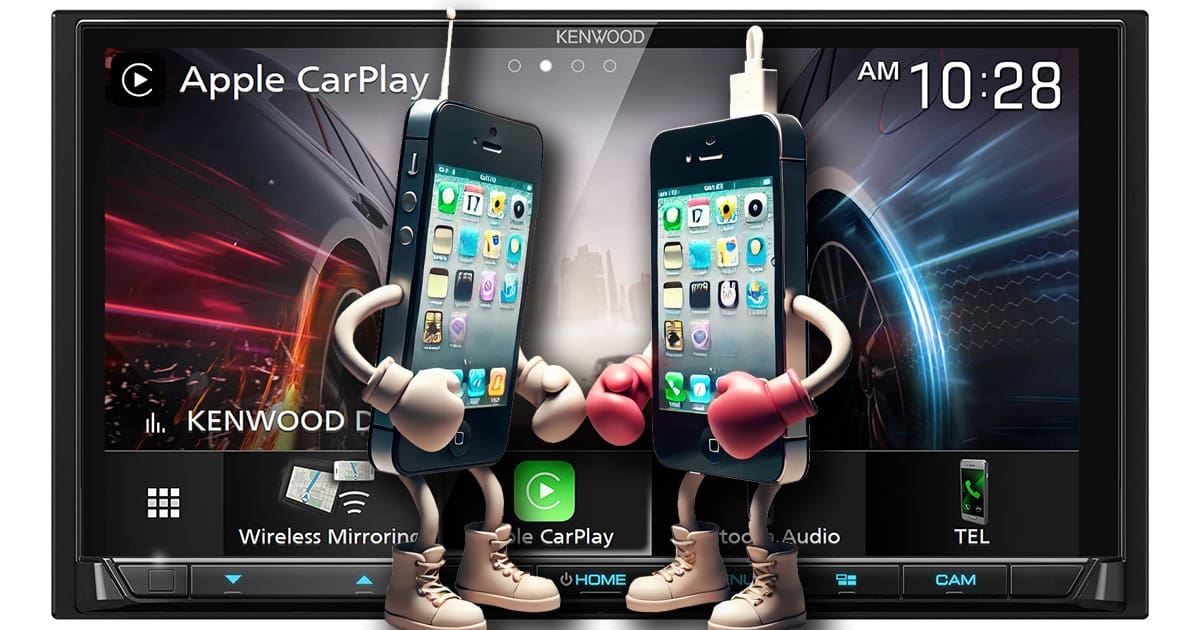
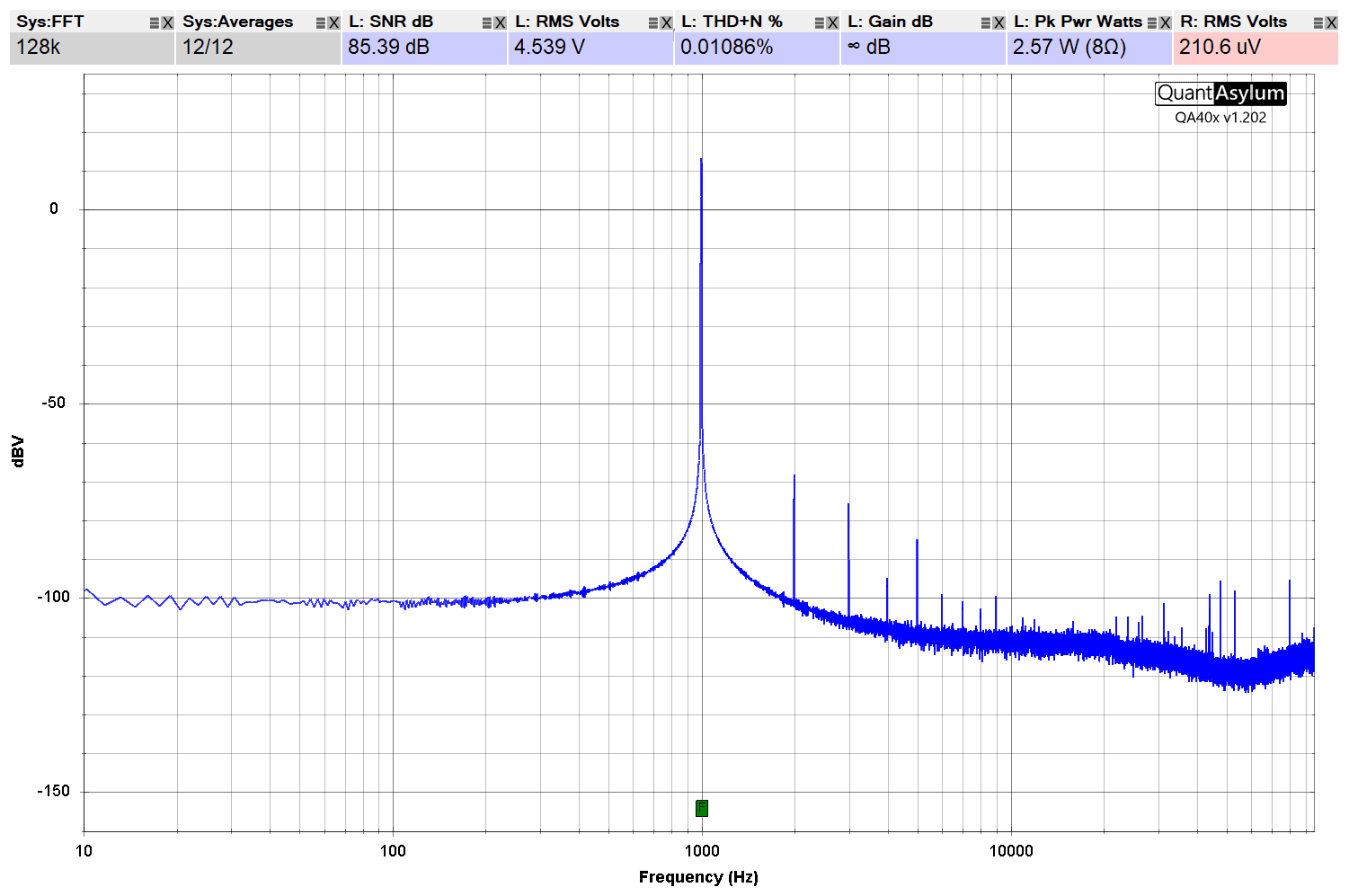
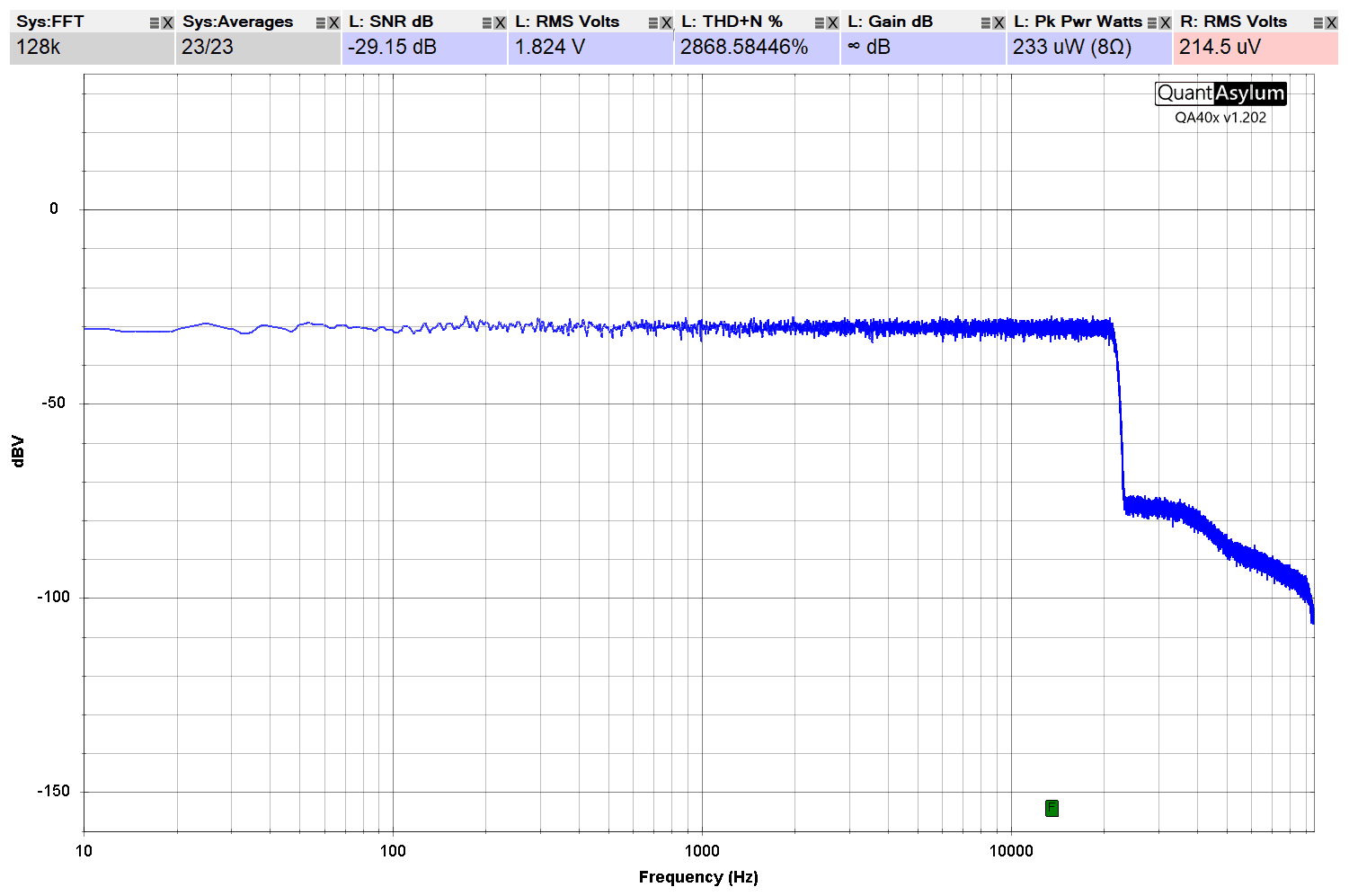
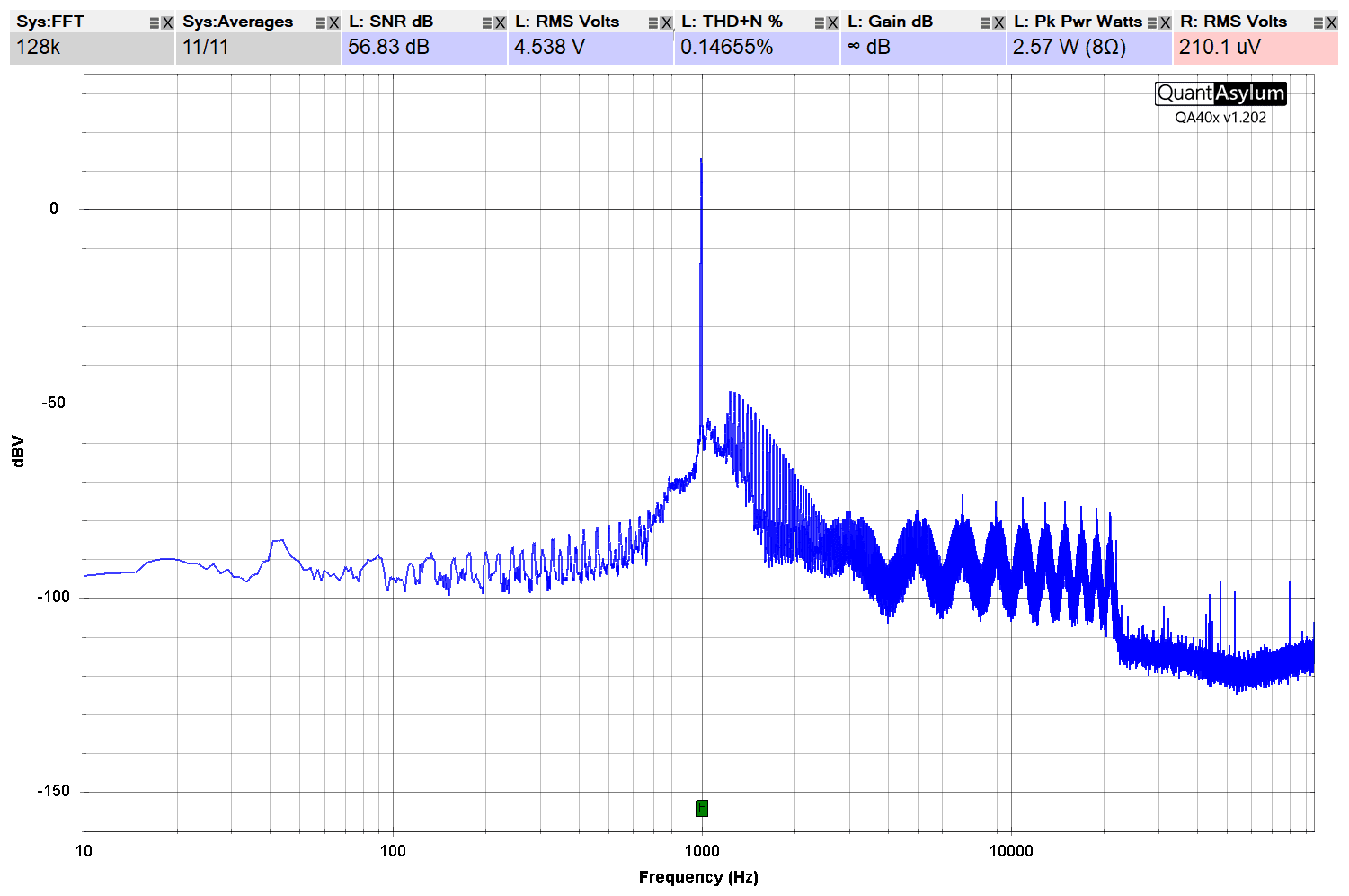
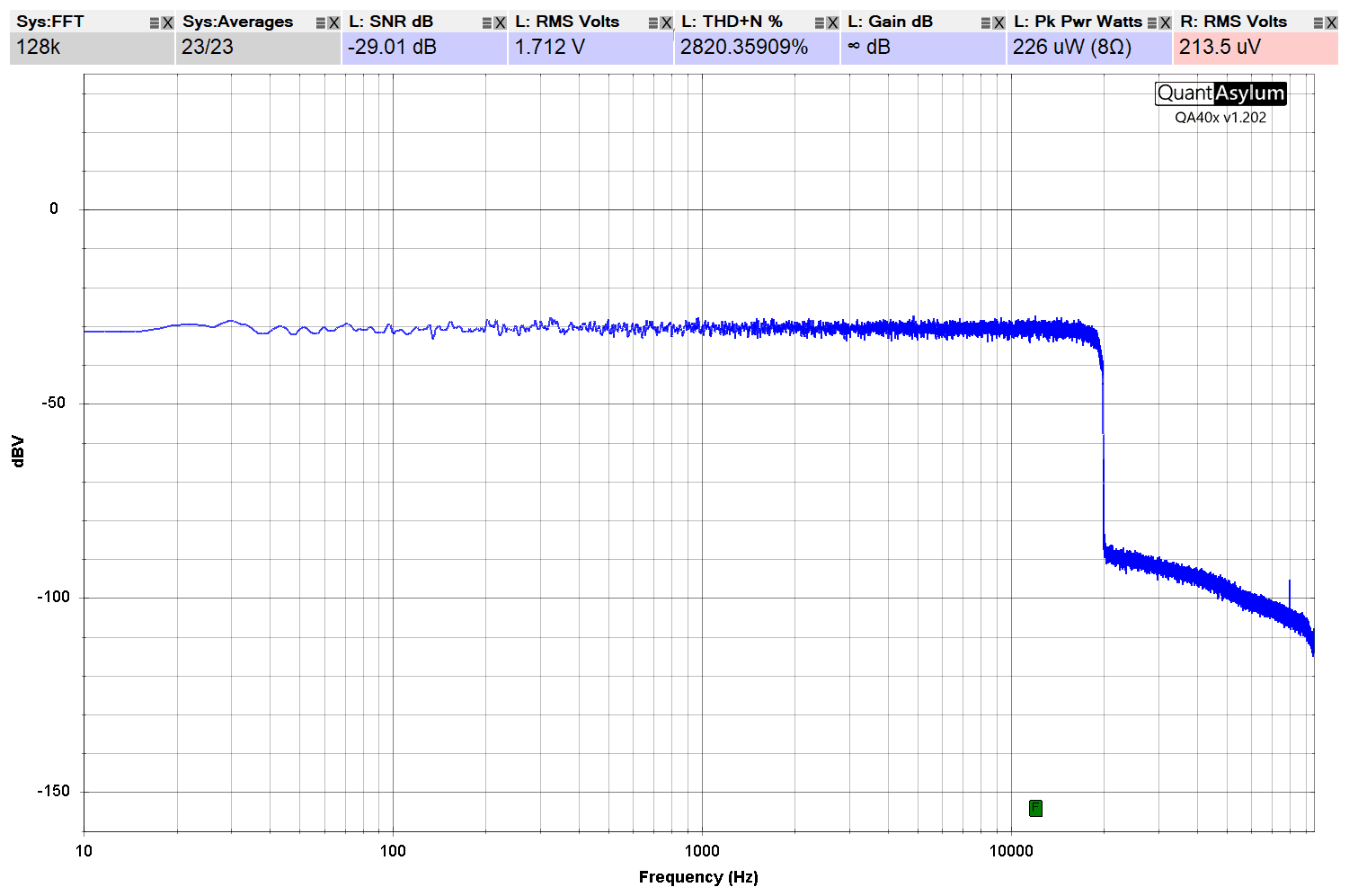
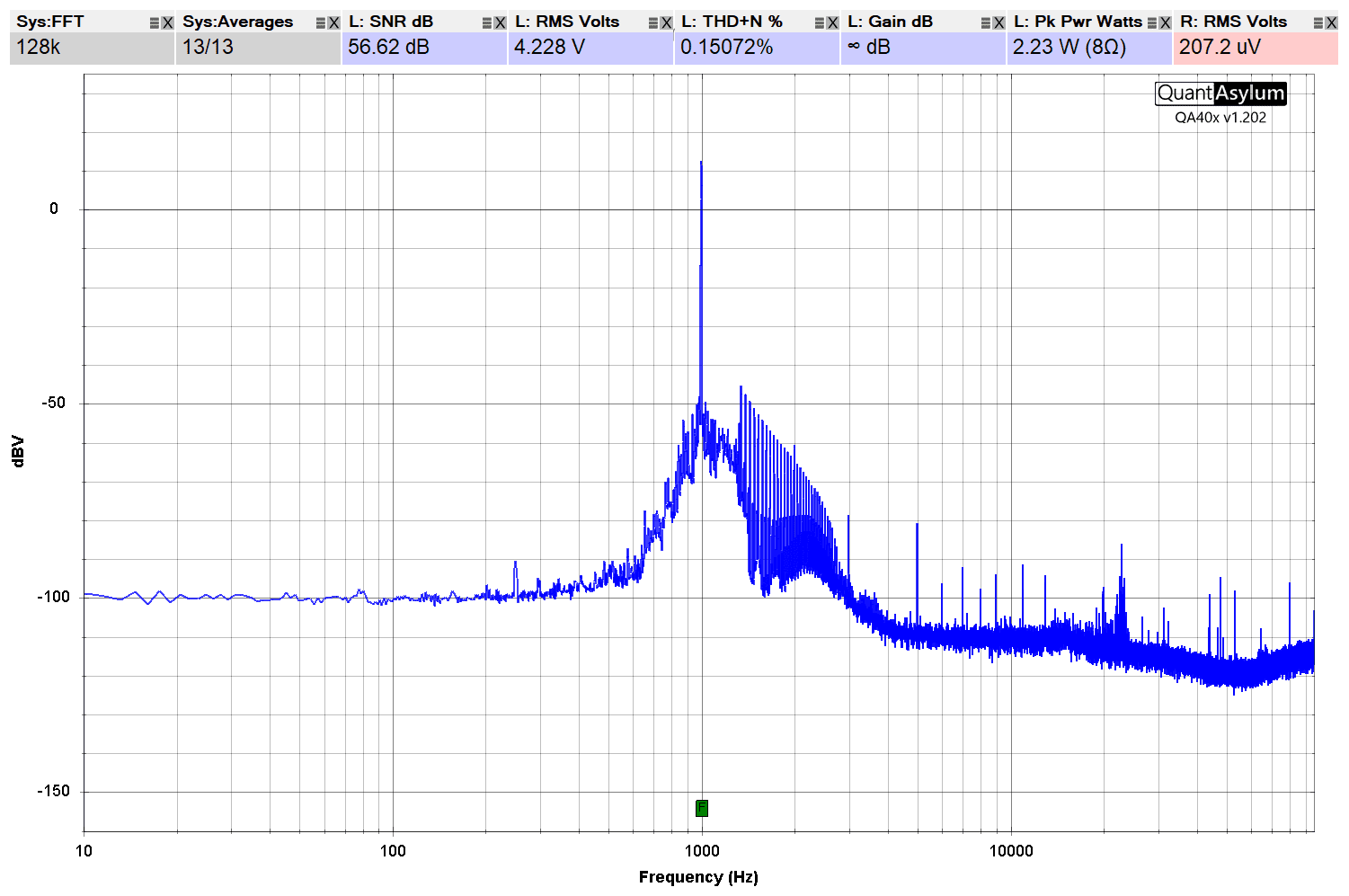
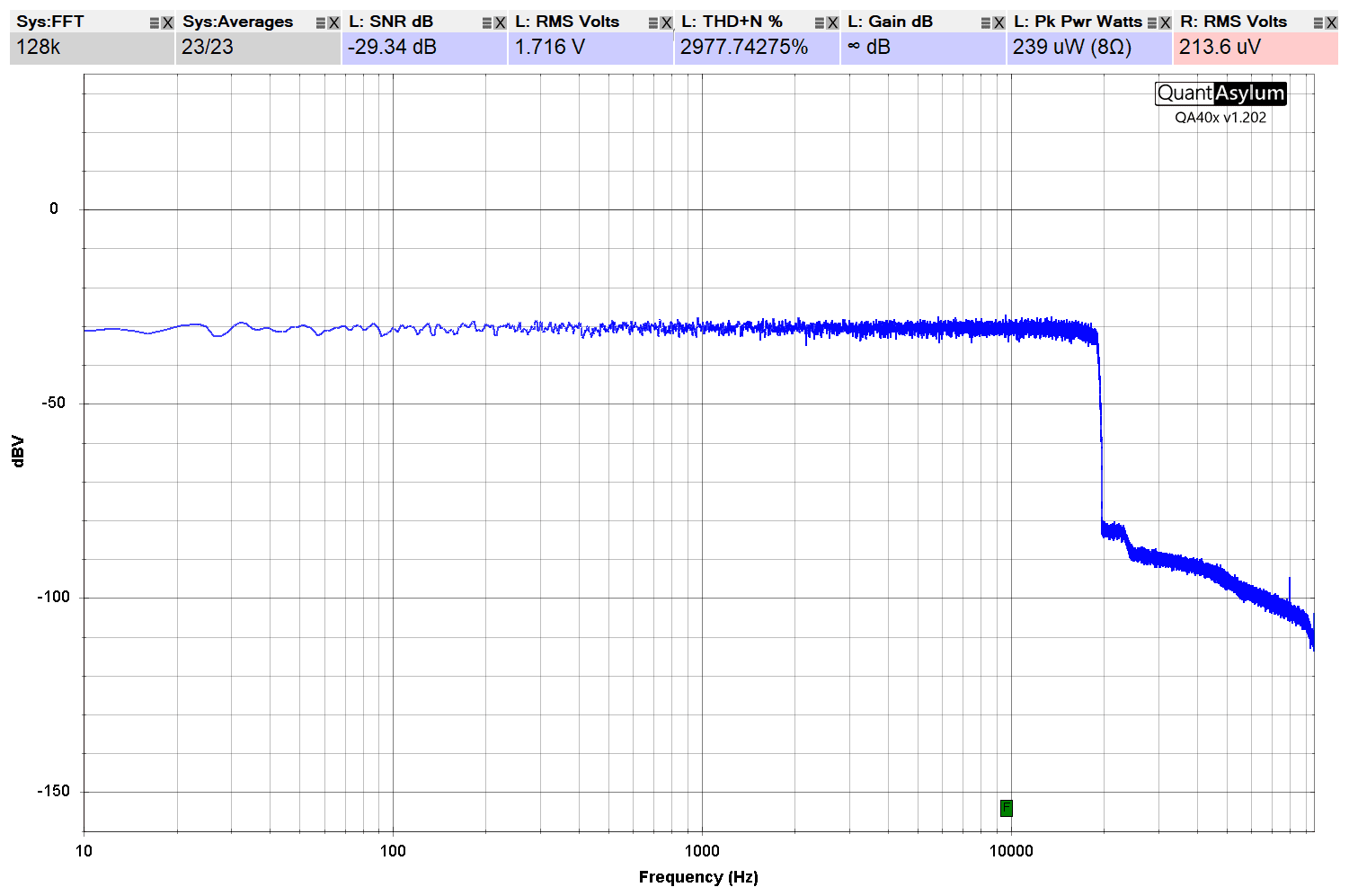
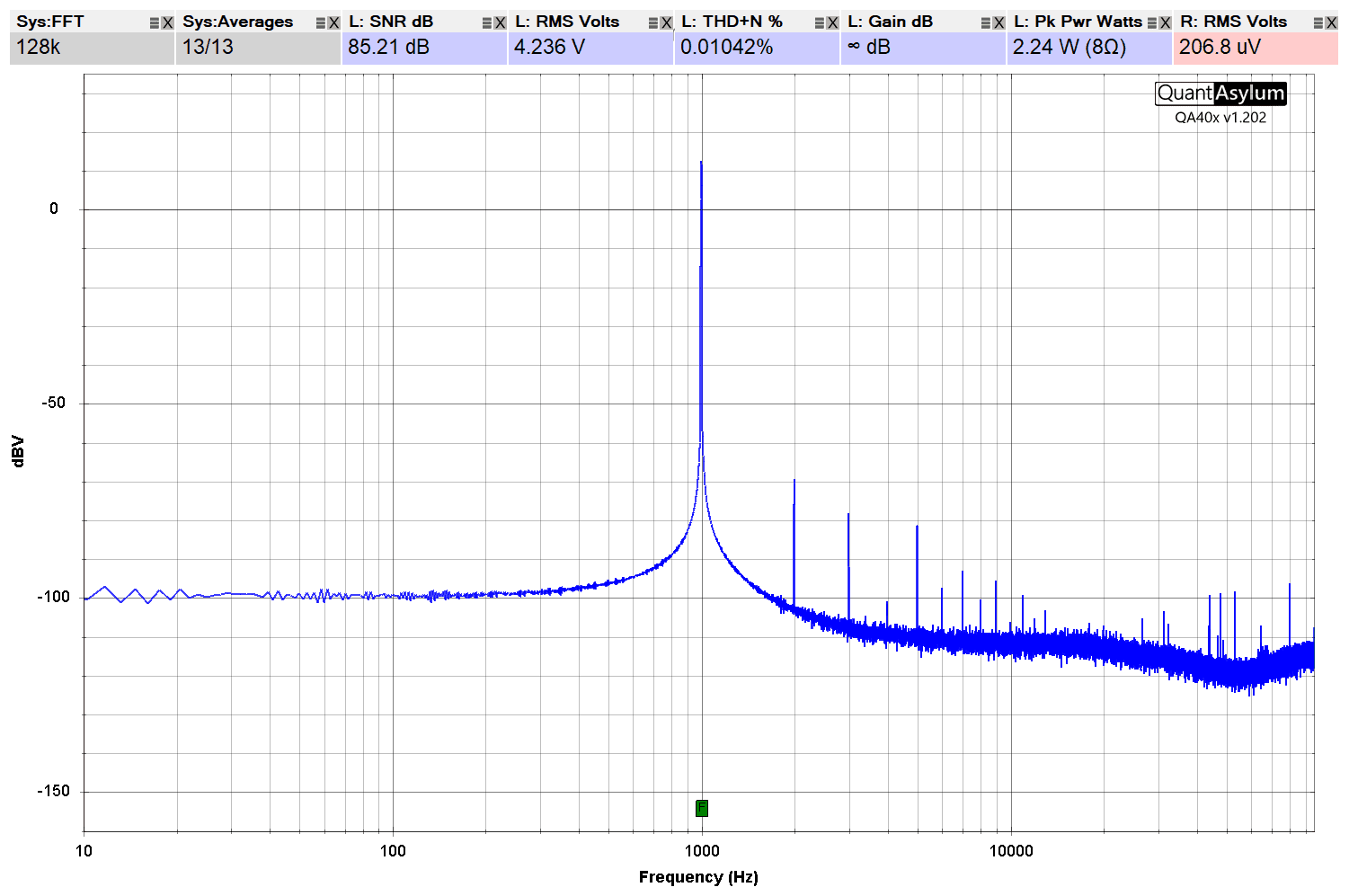
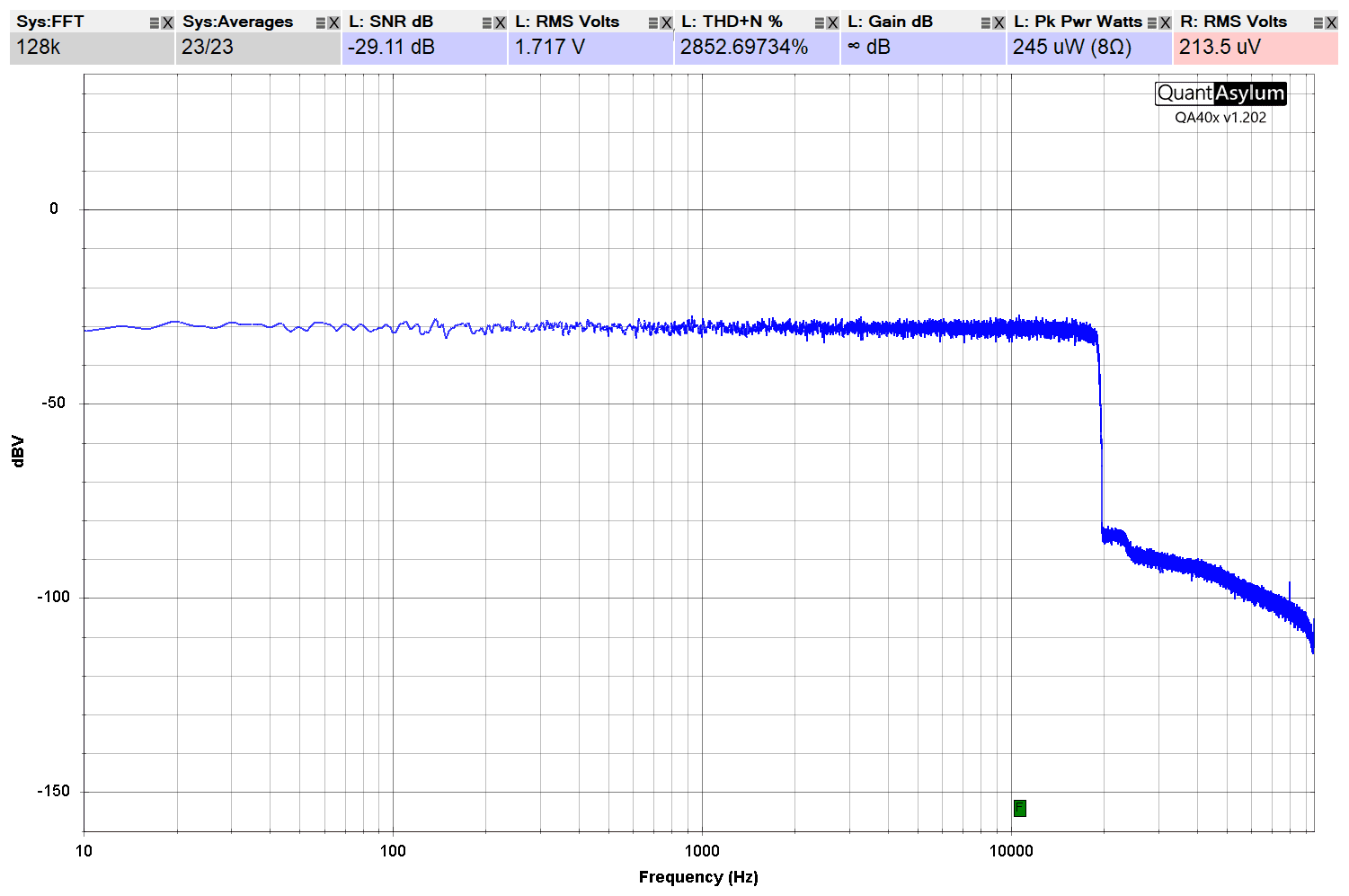
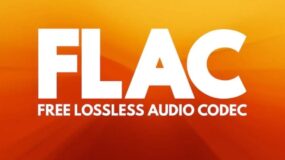
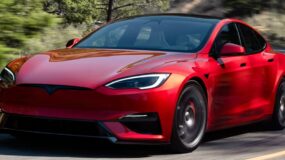
Leave a Reply